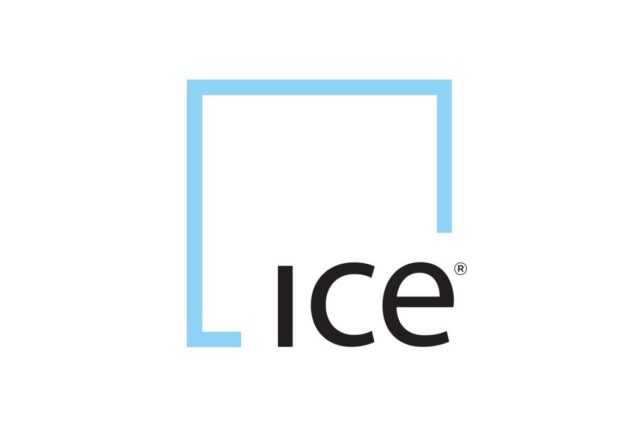MILAN — Coffee futures markets are always on a rollercoaster ride, navigating on sight in turbulent waters. The last week of May was characterised by high volatility and an erratic trend, exacerbated by speculative movements and technical corrections.
This was against a backdrop of continued uncertainty on the fundamental front, fuelled by updates on the ongoing Brazilian harvest and the ever-worrying weather situation in Vietnam.
The result was a week of sharp ups and downs in both markets. In the space of just four days, July Ice Robusta coffee futures fluctuated between a daily low of $3,855 (28/5) and a daily high of $4,388 (30/5), the latter representing a new intraday record for the contract.
Three consecutive sessions in the positive took the July contract to a high of $4,270 on Thursday, not far from the all-time high of $4,304 set on 25 April. Friday’s profit taking was catalysed – both in London and New York – by fresh positive news on the Brazilian harvest and a new Gain Report from Usda’s Fas outlining a better than expected picture for Vietnam’s next crop.
The Ice Robusta benchmark thus lost $150, ending the week at $4,120.
The main contract for July delivery of the Ice Arabica closed the first session of the week at 230.95 cents.
After a partial downward adjustment in the middle of the week, the New York benchmark rebounded in Thursday’s session, ending at 233 cents, the highest level for the contract since 17 April. In perfect tune with London, however, New York also ended the week sharply down (-1,065 points) at 222.35 cents.
Safras reported Friday that Brazil’s 2024/25 coffee harvest is gaining pace, especially for canephora (robusta/conillon).
According to its weekly monitoring, through May 21, 15% of the 24/25 crop had already been reaped. This percentage exceeds the same period last year, which was 12%, and is in line with the 5-year average for the period of the year.
The conillon crop reaches 22% of production, with Rondônia standing out with 33% of its production already reaped. The significant progress seen this week helped offset the delay in 2023, although it still remains below the 26% average achieved over the last 5 years.
There is an initial perception, especially in Espírito Santo, that yields are below expectations, which could lead to a downward revision in crop estimates.
The arabica harvest is 11% complete. Last year, at this same time, 7% of production had been reaped.
Current progress also exceeds the five-year average of 10%. The expectation for arabica is a larger crop than last year, although the smaller beans observed in the first processed batches are quite worrying.

















